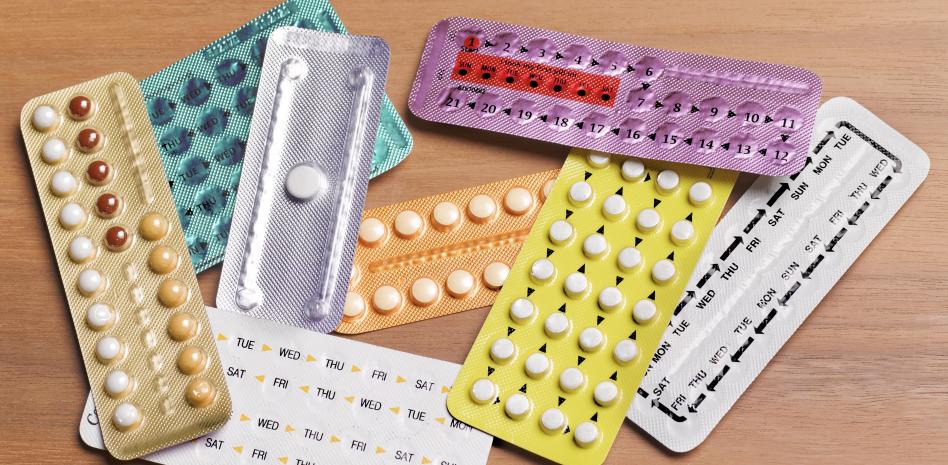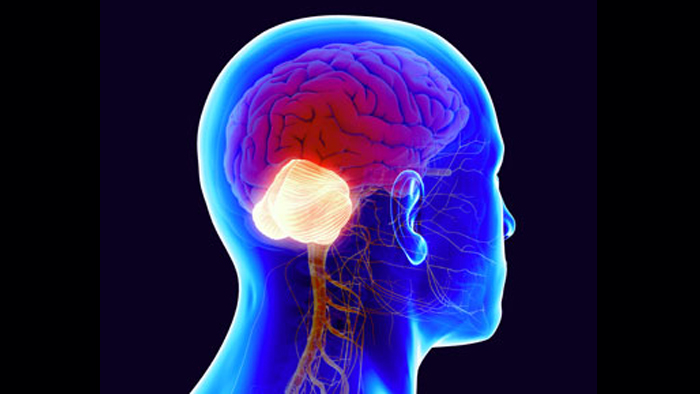A group of directives will underpin the digital transformation in Europe in the coming years.
And health is one of the sectors that will be most affected by this regulatory process. Its purpose is to combat the monopoly of technology on the Internet (Digital Markets Law).
The fundamental thing, in any case, will be that the medical records are fully digitized. It is what will allow patients with rare diseases to share their data with institutes that are working on cures or that chronically ill patients can move beyond their country of residence with guarantees. A situation opposite to the current one. “What we saw with the report of covid-19 cases is, unfortunately, somewhat paradigmatic. There is too much data, very varied and not integrated”, confirms Corcho.
The global volume of data will have grown from 33 zetta bytes in 2018 to 175 in 2025, but the capacities of the Twenty-seven are advancing very slowly because most of their data is not properly digitized and interoperability between regions and countries is poor.
The continent neither creates giants nor exploits the information it generates. What’s left then? Play the regulation card. Create standards and with your block force, force others to comply with them.
The new regulation will facilitate greater personalization of cancer treatments, by comparing each diagnosis with a greater number of historical records; or it will anticipate or delay the development of chronic diseases. And it will make savings possible, only in health.
the European Commission to create a European Health Data Space (EHDS). This body will supervise the proper application of medical legislation and will be financed for digital health from the national recovery plans.
For Gemma Galdon, founder of Eticas, a start-up that audits algorithms, “very sensitive risks” derive from this. Several recent investigations have shown that in elementary medical tasks such as image reading, the capacity of intelligent systems is still very limited: they have failed to perceive if a patient has a bone fracture or if there is a trace of covid-19 in his body. Situations that contrast with the dominant optimistic techno narrative. But, in addition, the very ethics that the algorithms incorporate continues to be very deficient. “We have seen how they left the black population without kidney transplants or excluded front-line health workers from the priority distribution of vaccines.”
The situation is hybrid: uncertainty persists as to whether it is reliable for autonomous diagnosis, but there are no doubts that it improves management. “It allows analyzing the relationships between symptoms, diagnoses and medications in a patient’s clinical history; anticipate the duration of an income and optimize means…”, lists Óscar Corcho, professor of Artificial Intelligence at the Polytechnic University of Madrid.
https://elpais.com/noticias/tecnologia-sanitaria/
https://elpais.com/economia/negocios/2022-08-27/los-robots-se-aduenan-de-la-salud.html






